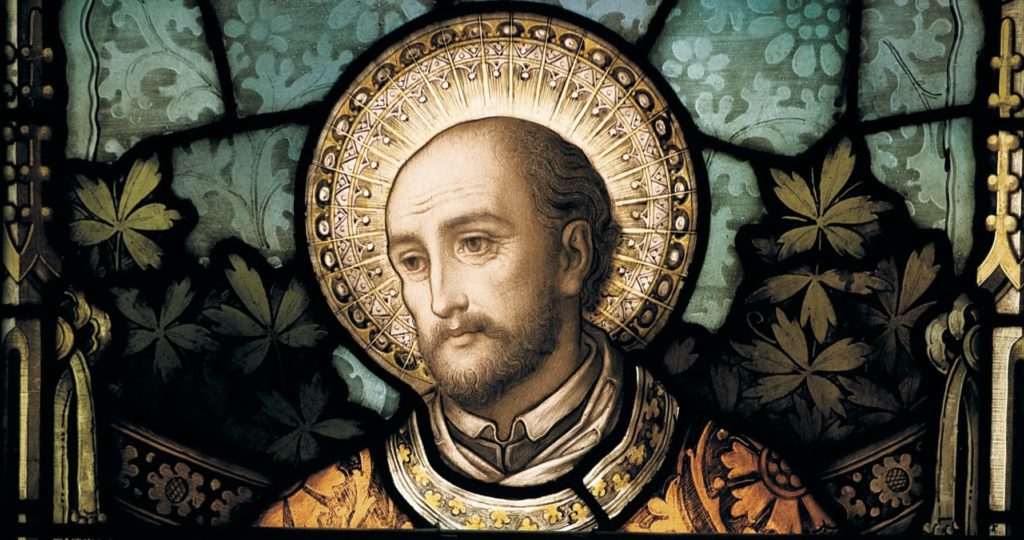Ignatian Spirituality
Session 8 • Maturity • Activation

Saint Ignatius of Loyola (1491-1556) was the founder of the religious order called The Society of Jesus, also known as the Jesuits. Ignatius seemed to have a special grace for seeing and contemplating the presence and activity of God in all of life’s circumstances. He wrote down his methods in a document known as the Spiritual Exercises, and the following of these methods has become known as ‘Ignatian Spirituality.’
Even though the Spiritual Exercises were written over 450 years ago, they continue to be the primary document on spiritual discernment.
A phrase commonly associated with Ignatian Spirituality is ‘the discernment of spirits’ which sounds a little unusual, but simply means the process by which we can become aware of the spiritual stirrings in our hearts, understand more fully where they come from and most importantly, accept what is from God and reject what is not. As we pursue spiritual maturity, learning to discern our interior movements is a very important part of the journey.
Ignatius saw all discernment for one end goal; “The goal of our life is to live with God forever. God who loves us and gave us life. Our own response to love, allows God’s life to flow into us without limit…Our only desire and our one choice should be this; I want and I choose what better leads to the deepening of God’s life and love in me.”
Ignatius outlined three simple steps in discerning:
Be aware
This is the effort to notice what is going on in our interior world - what is spiritually stirring in our heart and mind. Becoming aware is the gateway to all discernment. Curtis Thompson referred to this as ‘pay attention to what you’re paying attention to.’ Practices like the Prayer of Examen can help us to make a habit of noticing and becoming aware so that whatever is stirring in our hearts, in a spiritual sense, is regularly part of our conscious awareness. Becoming more aware of our inner life will first involve slowing down.
Understand
This is taking time to reflect on what you’re noticing, so that you can discern if it is from God or not. The main question here is to ask, is this thought, idea, or emotion leading me towards God or away from God? Or another way to ask this could be, is this leading to an increase in faith, hope and love in me?
Take action
This means accepting and living according to what we have recognized as being from God, and rejecting and removing from our lives whatever is not. Noticing and understanding is not enough, we must then make decisive action based on this understanding. Everything in spiritual discernment is directed towards taking action. Ignatius refers to these movements simply as ‘good’ and ‘bad’. Those that lead us toward God and create an increase in faith, hope and love are considered ‘good’ and create spiritual consolation and movements that lead us away from God or weaken our faith, hope and love are considered ‘bad’ and create spiritual desolation.
Further Resources
If you are interested in finding out more about the 14 Rules of Discernment by Saint Ignatius, a good place to start would be Timothy Gallagher’s book ‘The Discernment of Spirits: An Ignation Guide to Everyday Living.’
Alternatively, Father Timothy Gallagher has a podcast where he outlines the rules of discernment.
Doing the Prayer of Examen for fifteen minutes at the end of each day can be a very helpful way to grow in becoming more aware of our interior movements.
You might also find it helpful to periodically do the Spiritual Location Exercise to systematically reflect on your thoughts, emotions, physical body, questions, and desires.